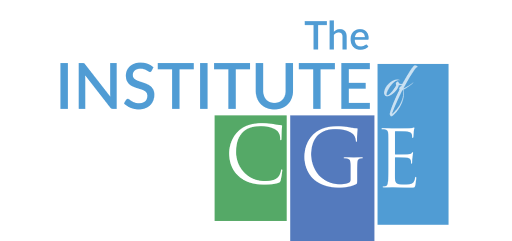A simple change educators can make to reduce stress and increase self-empowerment.
I hate traffic. It seems to happen no matter when I leave, how far I need to go or what day it is. I suppose I should be used to it. It’s a fact of life here in New Jersey. I used to get really frustrated in traffic, my anger triggered, my stress hormone cortisol rising at a rapid pace.
Then, I read Eckhart Tolle’s book The Power of Now, where I learned about surrendering to what is, not to keep being aggravated about why it wasn’t the way I wanted it to be.
Surrendering sounded like a powerless thing to do, until I realized how much better I feel when I choose to accept what is: “I am in traffic, and I can’t change it,” then refocus my energy on what I can do. “I can call work and let them know I will be late. I can listen to more of my favorite songs or a great audiobook.” Now sometimes I wish for more traffic so I can hear what happens next in the book! By focusing on the things I have power over instead of what I do not moves me from powerless to powerful!
At The Institute, we work with a lot of educators—teachers and administrators. The stress level is higher than ever with the pressure to erase the impact of Covid-19 and bring student test scores back up to pre-pandemic levels. Educators passionate about influencing the next generation of learners are expected to do more and more and are feeling extreme levels of burnout and frustration, leading to an exodus from the teaching profession. Recent articles that identify the negative impact of the pandemic on math and reading scores don’t help—it increases stress and pressure.
If you’re a teacher who feels demoralized and disempowered, here are some quick tips to try!
1. Identify the “what is,” bothering you the most. Is it the behavior of the students? The lack of support from your administration? A feeling that you are not doing enough to get the students caught up?
2. Stop focusing on how awful the “what is” is or how powerless it makes you feel.
3. Focus on what is in your area of control. “It is what it is, so what are my options? I can modify my thoughts on this and my response to this.”
4. Adopt a more empowered mindset to view your challenges and understand them in a new, less frustrating way.
Below is an example of applying these steps to a common challenging situation in schools:
Step 1. Identify the what is: “My students are so stressed, behind academically and in their social emotional development that I feel overwhelmed everyday with classroom management challenges and can’t get any teaching done.”
Step 2. Stop focusing on how awful the what is is.
Step 3. Focus on what you have the power to control: Your mindset, teaching approach, responses to challenging behavior and definition of a good day.
Step 4. Adopt a more empowered mindset. Use it to feel positive about what you do every day.
Define a good day at as a day where you do your best to:
- Treat every student with compassion and respect.
- Work hard to build strength-based relationships with them.
- Get to know more about their lives, their dreams, their interests.
- Reflect on how you responded to challenging behavior.
- Commend yourself for staying emotionally well-regulated.
- Try different approaches to make connections.
- Add effective teaching and student engagement strategies to your toolbox.
- Examine those that were less effective. (I.e., “Did I give up too quickly?”)
- Consider modifying or eliminating less-effective strategies for this student.
- Communicate effectively and collaboratively with fellow teachers and administration to share successes, identify challenges and brainstorm strategies and solutions.
- Have a positive impact on at least one student. (This is true of teachers every day!)
Remember: Focusing primarily on those aspects of life and work that are out of your control is a recipe for frustration and burnout. Focusing on what is within your power to do lowers stress and grows effectiveness.
You are so important to yourself, your family and your students. You have the power to rediscover your joy!
